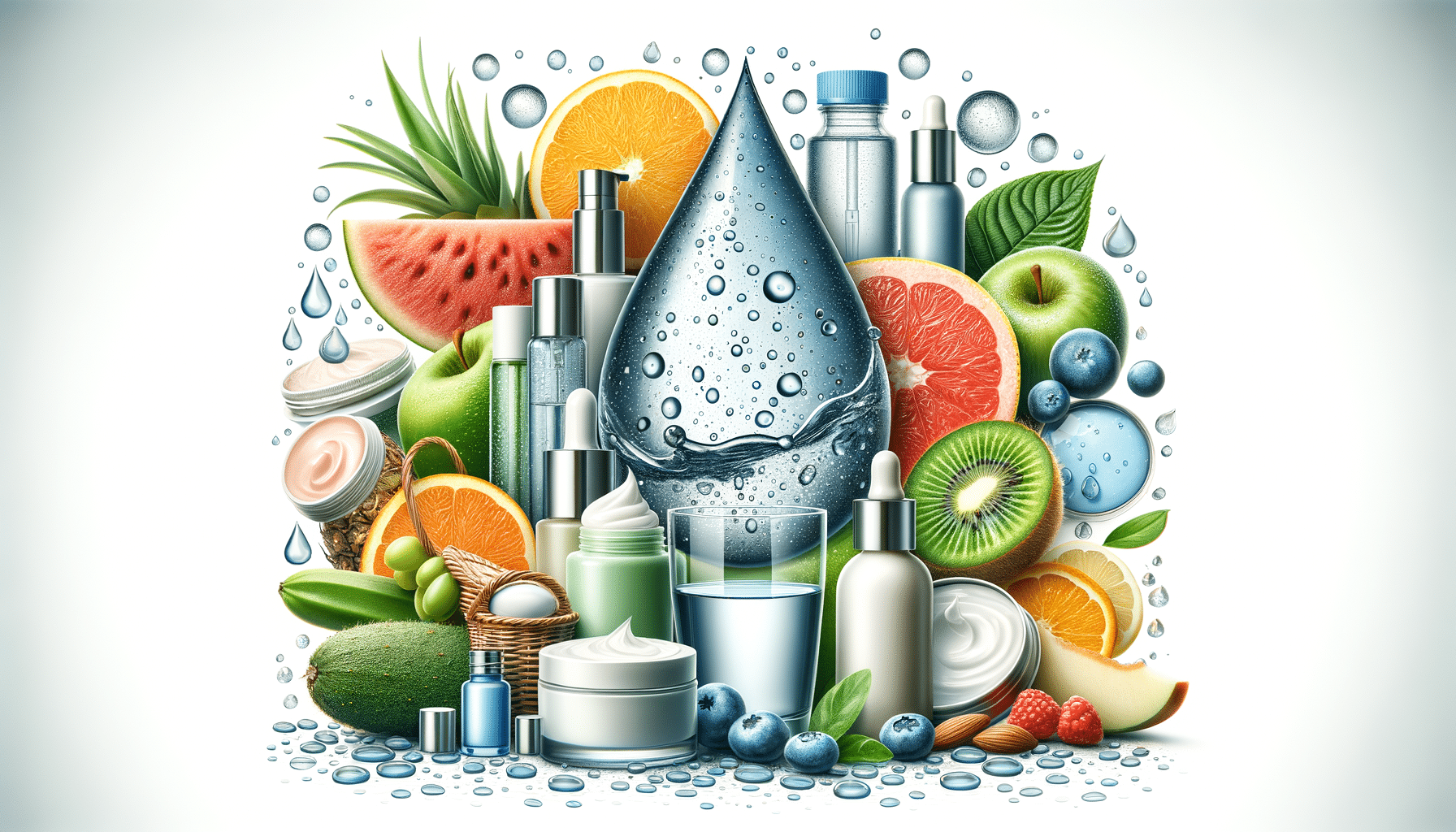
Dry Lips or Patchy Skin? Try These Hydration Boosting Tricks
The Importance of Hydration for Skin Health
Hydration is a cornerstone of healthy skin, yet many people underestimate its significance. Our skin is the body’s largest organ, acting as a barrier against environmental aggressors. When dehydrated, this barrier weakens, leading to dry lips, patchy skin, and other dermatological issues. Proper hydration helps maintain skin elasticity, reduce the appearance of fine lines, and gives a radiant glow. It is essential to understand that hydration is not just about drinking water; it involves a comprehensive approach to skincare that includes diet, environment, and topical treatments.
Hydration affects various skin layers. The epidermis, the outermost layer, relies on adequate moisture to function effectively. Without it, the skin can become flaky and prone to irritation. Moreover, hydration plays a crucial role in collagen production, which is vital for maintaining skin’s firmness and elasticity. By integrating effective hydration strategies, you can significantly enhance your skin’s health and appearance.
Hydration from Within: Diet and Water Intake
What you consume has a direct impact on your skin’s hydration levels. Drinking enough water is fundamental, but incorporating water-rich foods into your diet can further enhance hydration. Foods like cucumbers, watermelon, and strawberries are excellent choices. They not only hydrate but also provide essential nutrients that support skin health.
Beyond fruits and vegetables, consider integrating healthy fats, such as those found in avocados and nuts, which help maintain the skin’s lipid barrier. This barrier is crucial for retaining moisture and preventing dryness. Additionally, omega-3 fatty acids, commonly found in fish, can help reduce inflammation and promote a healthy skin barrier.
While focusing on hydration, it’s also important to limit the intake of dehydrating substances like alcohol and caffeine. These can have a diuretic effect, leading to increased water loss. By balancing your diet with hydrating foods and adequate water intake, you can support your skin’s natural ability to stay moisturized and resilient.
Topical Solutions for Skin Hydration
Alongside internal hydration, topical solutions play a vital role in maintaining skin moisture. Selecting the right skincare products can make a significant difference. Look for moisturizers containing hyaluronic acid, glycerin, or ceramides, as these ingredients are known for their hydrating properties. Hyaluronic acid, in particular, is a powerhouse ingredient that can hold up to 1,000 times its weight in water, making it an excellent choice for dry skin.
In addition to choosing the right products, the application method is also crucial. Applying moisturizer to damp skin can enhance absorption, locking in moisture more effectively. Furthermore, using a gentle exfoliant once or twice a week can help remove dead skin cells, allowing your moisturizer to penetrate more deeply.
Don’t forget about the importance of sunscreen. Protecting your skin from UV damage is essential for maintaining hydration, as sun exposure can lead to moisture loss and premature aging. Opt for a broad-spectrum sunscreen with an SPF of at least 30 to safeguard your skin.
Environmental Factors and Hydration
The environment plays a significant role in skin hydration. Factors such as humidity, temperature, and pollution can all impact your skin’s moisture levels. During colder months, indoor heating can lead to dry air, which can strip moisture from your skin. Using a humidifier can help maintain adequate humidity levels, preventing your skin from becoming dry and flaky.
Pollution is another environmental factor that can affect skin hydration. Pollutants can create free radicals that damage the skin barrier, leading to moisture loss. To combat this, consider incorporating antioxidants into your skincare routine. Antioxidants, such as vitamin C and E, can help neutralize free radicals and protect the skin barrier.
Additionally, be mindful of your skincare routine in different climates. In hot, humid environments, lighter, water-based products may be more suitable, while in dry, cold climates, richer, oil-based products can provide the necessary moisture.
Simple Lifestyle Changes for Better Hydration
Small lifestyle adjustments can have a significant impact on your skin’s hydration. One simple change is to take shorter, lukewarm showers instead of long, hot ones. Hot water can strip the skin of its natural oils, leading to dryness. Limiting shower time and using lukewarm water can help preserve your skin’s moisture.
Another lifestyle change is to ensure adequate sleep. During sleep, the body repairs and regenerates skin cells, and proper hydration is essential for this process. Aim for 7-9 hours of quality sleep each night to support skin health.
Finally, stress management is crucial for maintaining hydrated skin. Stress can trigger cortisol production, which can lead to increased oil production and dehydration. Practicing relaxation techniques, such as yoga or meditation, can help reduce stress levels and support overall skin health.
By adopting these simple lifestyle changes, you can enhance your skin’s hydration and achieve healthier, more radiant skin.